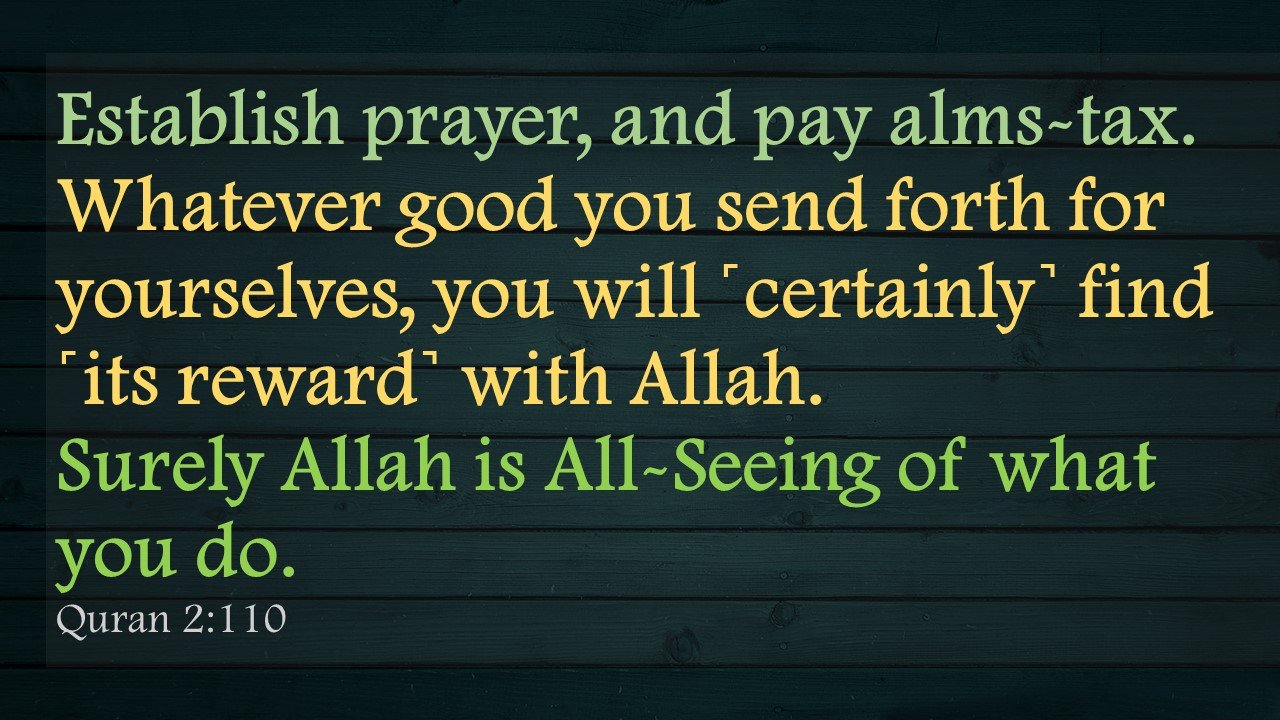Skip to Content
Tag Archives: alm
- Home -
- Posts tagged "alm"
16
Jan, 2023
Islam, Quran
Allah, alm, ayat, buying, daily, deed, distracted, evening, fear, Glorified, Grace, heart, hope, houses, inspirations, islam, islamic, light, limit, Men, mention, morning, mosque, name, not, order, pay, perform, prayer, provision, quran, raise, rememberance, reward, selling, shines, Surah, tax, tremble, without, worship
6
Oct, 2022
Uncategorized
alm, Almighty, ayat, believers, Chapter 9, charity, contribute, critisize, daily, evil, inspirations, islam, islamic, less, more, painful, poor, poverty, promise, quran, ridicule, sadaqat, suffering, Surah, verse 79, voluntarily, Zakat
8
Jul, 2022
Islam, Quran
All Wise, alm, Almighty, ayat, Chapter 9, daily, encourage, Eternity, evil, forbid, forever, Gardens, Gardens of Eternity, good, Guardian, home, inspirations, islam, islamic, Men, messenger, Obey, pay, PBUH, promise, quran, rivers, SAWW, splendid, Surah, tax, triumph, true, ultimate, verse 71, verse 72, women
21
Apr, 2022
Islam, Quran
Allah, alm, ayat, cause of Allah, Chapter 2, daily, inspirations, islam, islamic, prayer, quran, reward, spend, Surah, verse 110




